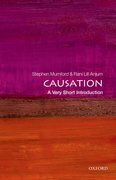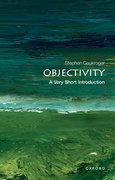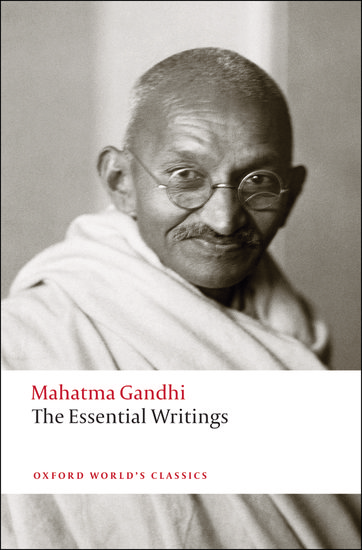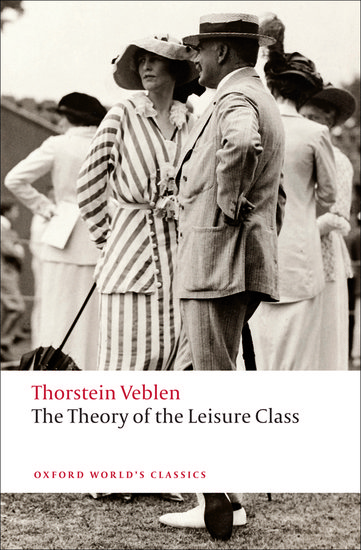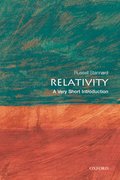Five most influential economic philosophers
By Tomas Sedlacek
Descartes’s scientific approach to perceiving the world unquestionably represented a huge breakthrough, and this is doubly true for economists. We have seen that the notion of the invisible hand of the market existed long before Smith.

